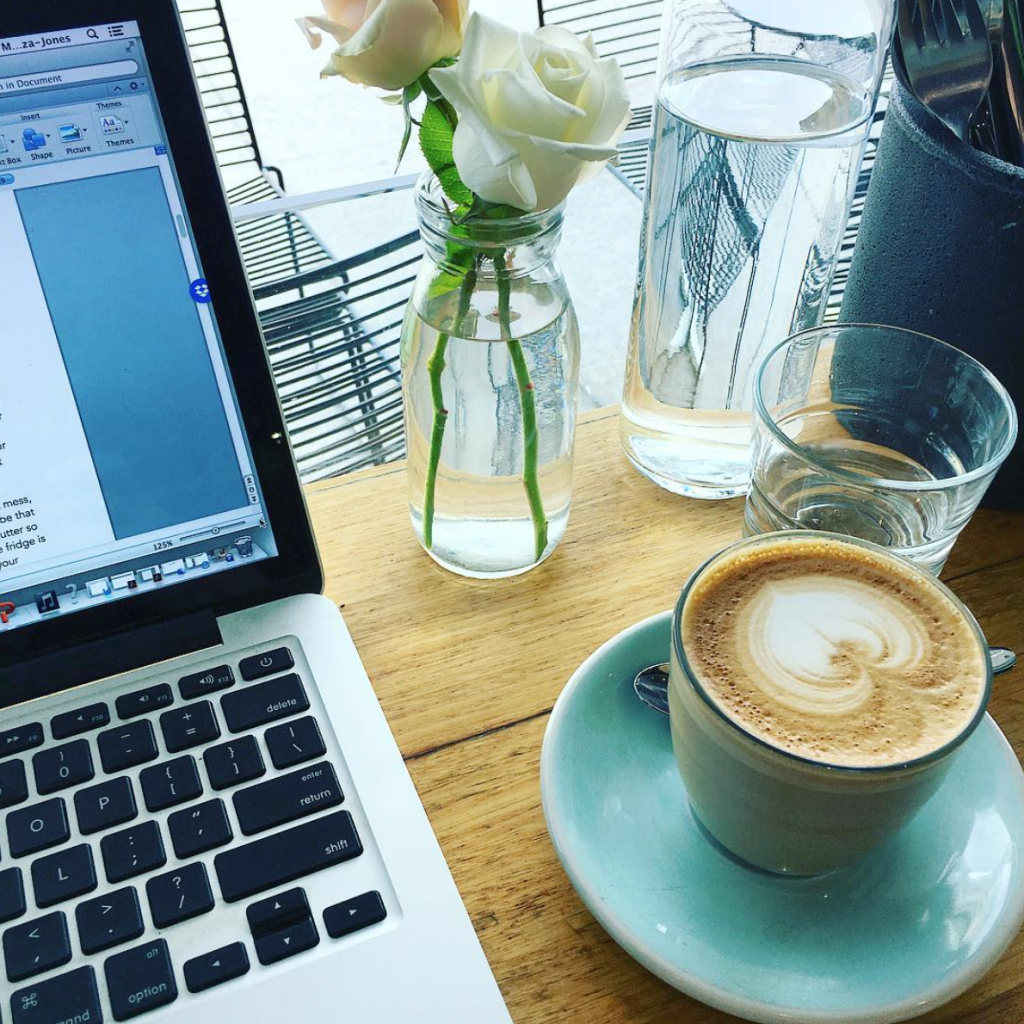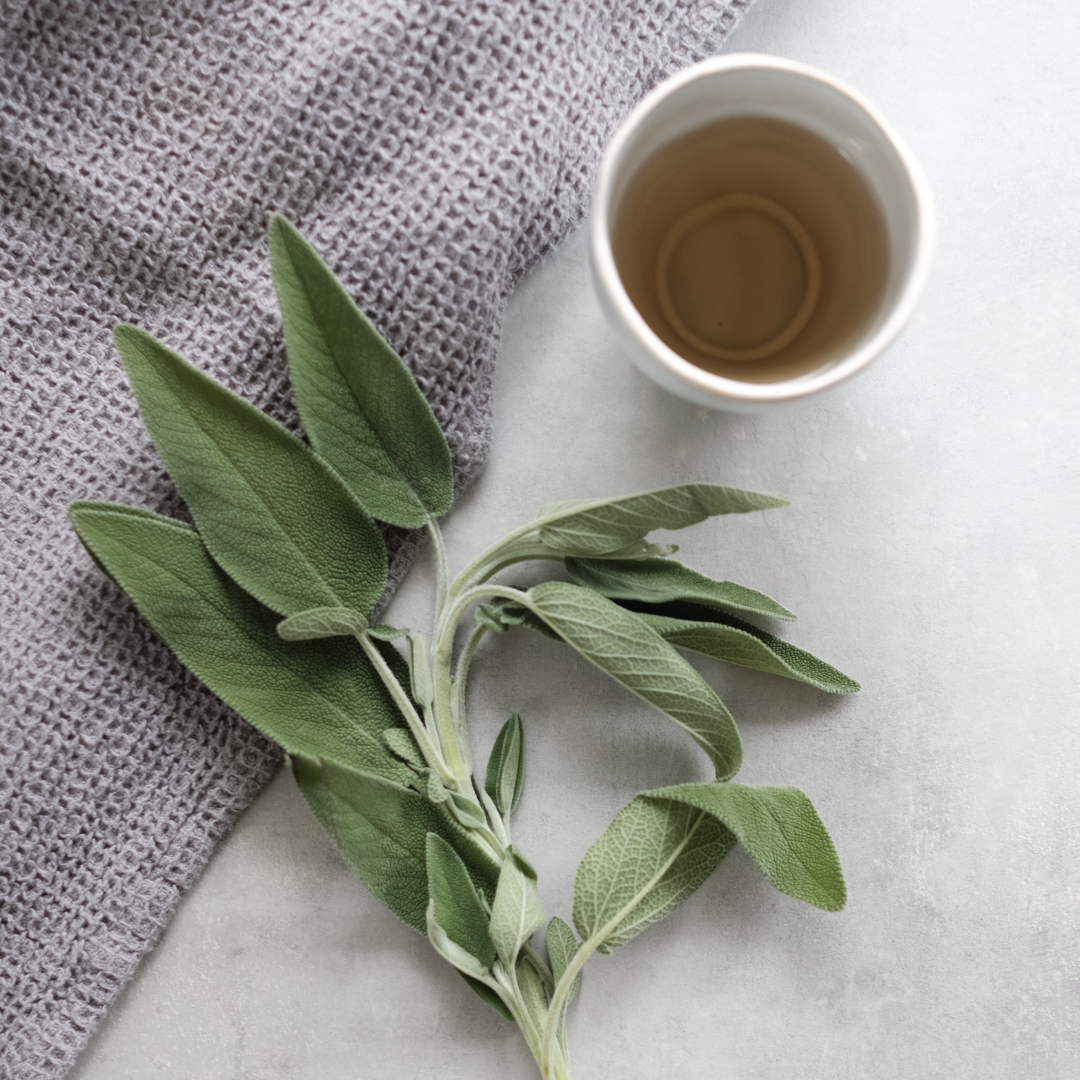Oh stress… It’s a fact of life, right?
Yes… and no. Of course life won’t always be smooth sailing (you have to weather some storms to appreciate the calm), but do you feel like you’re always stressing out about something? Or that you stress out way too much? Stress should be a fleeting physiological crisis (like running away from a lion, a witch or a wardrobe), not ongoing (like being connected to your emails 24/7, huge demands on your time, global markets, Facebook – why doesn’t it have an “off” button? – crazy deadlines, awful traffic, terrible coffee or unripe avocados in your cafe salads (what are they thinking, seriously?)
So, what to do?
Well… you know how much I love herbal medicine.
Beautiful, balancing, nourishing, tonifying, healing, restorative, calming and strengthening herbal medicine.
Breathe in. Breathe out. Sip herbs. Breathe in. Breathe out. Relief.
Herbs can be classed by their actions (e.g. what they do in the body) or by their indications (e.g. herbs listed for treating headaches, colds and flu etc.). I’ve chosen to class the herbs in this post by their actions – this means some have been repeated as herbs rarely have only one action. That is the beauty of using herbal medicine to treat symptoms, e.g. Chaste tree, a hormonal balancer, is helpful for emotional “ugh” and premenstrual/PMS symptoms, treating acne (in males and females, but especially that “hormonal” acne around the chin, jawline and on the chest and back), balancing female hormones, preventing miscarriages due to low progesterone, normalising cycle length and reducing breast tenderness, as well as up-regulating melatonin production and improving sleep. What a busy little herb!
So here are some of my favourite (and most used) herbs to help you reduce the not-so-nice effects of stress on your system, physically, mentally and emotionally.
Adaptogens improve the body’s resistance or adaptation to physical, environmental, emotional or biological stressors and promotes normal physiological function.
Eleutheo (Siberian ginseng)
This herb is used in Traditional Chinese Medicine (TCM) for general weakness, debility, lack of appetite and dream-disturbed sleep. It strengthens and tones the immune system (so it’s great after a long illness, long-term stress or Chronic Fatigue Syndrome), it reduces stress and improves energy, stress response, adrenal function, resistance to infection and selective memory.
Rhodiola
I use it for clients who feel fatigued, exhausted, depressed and nervous, for those who have gastrointestinal issues, infections, anaemia and who lack productivity and endurance (in the workplace and during exercise). It has been used for centuries as a traditional medicine in Russia, Scandinavia, Sweden, Norway, Iceland France and Germany, with mentions of it in literature as far back as 1725.
Licorice
Licorice is a specific adaptogen, and it targets the health of the adrenal glands (little glands that sit above our kidneys and excrete stress hormones, and small amounts of sex hormones). It’s also anti-viral, and has demonstrated positive effects against Helicobacter pylori and viral infections such as herpes simplex (which gets worse with high stress levels). Licorice has also shown promise in enhancing memory, and is anti-inflammatory, soothing on the mucous membranes (great for chesty coughs and reflux) and has antioxidant properties.
Schisandra
This herb has been used for centuries in China. In the first century classic herbal compendium, the Divine Husbandman’s Classic of the Materia Medica (Shen Nong Ben Cao Jing), Schisandra is said to “prolong the years of life without ageing”, increase energy (qi) and treat fatigue and asthma. It also protects the liver against toxicity, and is wonderful when used to help reduce night sweats, frequent urination, chronic diarrhoea and coughs. It improves concentration, mental efficiency, work capacity, endurance and reduces fatigue. As well as being an adaptogen, it is anti-inflammatory, antioxidant, cardioprotective and antimicrobial.
Withania (Ashwaganda)
This little beauty is an Ayurvedic herb, used as a general restorative medicine to improve health, longevity and prevent disease. It is not as stimulating as some of the ginsengs, so it’s perfect when used at nighttime to induce sleep, and for patients with irritability, anxiety, insomnia and a stressed nervous system. It improves the immune response and energy, while reducing inflammation in diseases such as arthritis. It’s used as a general tonic for improving libido, liver health, cancer, heart disease and the immune and nervous systems.
Nervines energise, relax, and improve the tone, vigour and function of the nervous system
St John’s Wort
One of the most effective remedies for mild to moderate depression, SJW has been used for centuries. It sedates and tones the nervous system, lifts the spirit, and reduces anxiety and nervous irritability. It is antiviral, and wonderful for anyone who has had Glandular fever or Chronic Fatigue Syndrome and who may have never fully recovered. It may interact with some prescription medications, so seek professional advice before taking it.
Lavender
Lavender has long been used to sedate the nervous system, and can treat sleep disorders, nervousness, restlessness, nervous exhaustion, depression and headache. It’s beautiful in herbal formulas (although strong in taste) as well as aromatherapy blends and teas. Combine it with Chamomile and Lemon balm for a soothing bedtime tea.
Motherwort
This herb is often used for new mothers, as it works beautifully to balance anxiety influenced by hormonal changes, but anyone who feels a little nervous, irritable, stressed or anxious will benefit. It’s quick to work, and calming in action. It’s also wonderful in the treatment of PMS and irritability associated with menstruation, and nervous cardiac conditions (like palpitations with panic attacks).
Chamomile
Chamomile is wonderfully relaxing on both the nervous system and digestive system. It is well-known for soothing digestive issues relating to irritability, anxiety and tension. It relaxes smooth muscles in the digestive system, so it can help relieve bloating, cramps, pain, wind and treat both diarrhoea and constipation. It can also help treat headaches that come on premenstrually, and painful periods.
Passionflower
This is one of my most-used herbs for anxious patients. It reduces anxiety, irritability and restlessness, and is one of the best sedatives and tranquillisers for chronic insomnia. It is not addictive, and doesn’t leave you feeling groggy in the morning; in fact, you feel quite awake and refreshed! It’s commonly prescribed with Valerian and Hops for insomnia. It relaxes spasms in muscles and calms nerves, lessening any nerve pain. It also improves circulation to the nerves.
Skullcap
This beautiful herb is one of the best nourishing tonics for the nervous system. It is strengthening and supportive in times of hysteria and agitation. It reduces tension headaches, anxiety, soothes tension and calms the mind. It’s generally used long-term (up to about 6 months) for optimal effects, for PMS and nervous exhaustion. It works beautifully with Lemon balm and Passionflower.
Parasympathomimetics mimic the action of the parasympathetic nervous system (rest & digest response) when it’s stimulated (basically, they calm you down)
Pulsatilla
This herb is a beautiful nerve tonic, for nervous exhaustion, depression, insomnia and tension headaches. It’s also used specifically for women and children who feel weepy, depressed and irritable (ahem… PMS!). It promotes sleep and rest, and so is a wonderful remedy if you feel very run down. It also reduces pain and spasm of the reproductive system, both male and female, such as premenstrual tension, period pain, light or irregular periods and inflammation and pain of the ovaries.
Kava
Beautiful kava! This amazing herb has been shown in clinical trials to be as effective as benzodiazepines, but without the side effects. It is highly effective in reducing anxiety, yet it doesn’t affect cognition, in fact it may actually improve cognition, so I especially love to prescribe it to clients who feel anxious prior to an exam or interview. It’s also wonderful for anxiety and stress related to PMS. Kava decreases excitatory neurotransmitters, calming the nervous system, and has anti-anxiety, anti-stress, analgesic and neuroprotective properties. There have been some reports of liver damage in people taking Kava, however they used poor extracts which were extracted with alcohol. The Kava extract that I prescribe has a high safety profile and is extracted using water, not alcohol, and is the Kava used in the clinical trials mentioned above.
Anxiolytics alleviate and reduce anxiety
Kava
One of the best! (See above.)
Oats
Oats green and oats seed are considered to be one of the best nervine tonics for nervous exhaustion and related conditions, like insomnia, chronic anxiety and stress, general debility and depression. They are wonderfully nutritious, full of protein, calcium, magnesium, potassium, iron and B vitamins. They are also helpful when withdrawing from antidepressants and other drugs. I use them in a liquid extract, but eating soaked warm oats for breakfast is supportive as well.
Motherwort
So calming. (See above.)
Passionflower
One of my most-used herbs for anxiety. (See above.)
Chamomile
Delicious in tea or tincture (liquid herbs) for anxiety and related digestive issues. (See above.)
Skullcap
Nourishing and strengthening. (See above.)
California Poppy
This herb is very sedating, and has been used traditionally to treat anxiety, stress, depression, migraines and insomnia. It has effects similar to benzodiazepines, however it’s not addictive.
Vervain
Another herb that calms the nerves, tones the nervous system and eases tension. It was a famous ingredient in ancient love potions. It can relieve both anxiety and depression, as well as stress and tension-related problems like tension headaches and migraines.
Withania
As revered in Ayurvedic medicine as Ginseng is in Chinese medicine. (See above.)
Lemon balm
Lemon balm is another favourite herb of mine, which like Chamomile, can be used for anxiety and stress and all related digestive system issues. It calms the nerves, and soothes nausea, vomiting, cramps, lack of appetite and any other stress-related digestive problems. It is excellent for lifting the spirits.
Time to stress less now, I think.
Love,
Bibliography:
- “The Ultimate Herbal Compendium, a Desktop Guide” by Kerry Bone
- “Botanical Medicine for Women’s Health” by Aviva Romm
- “The Complete Woman’s Herbal” by Anne McIntyre





